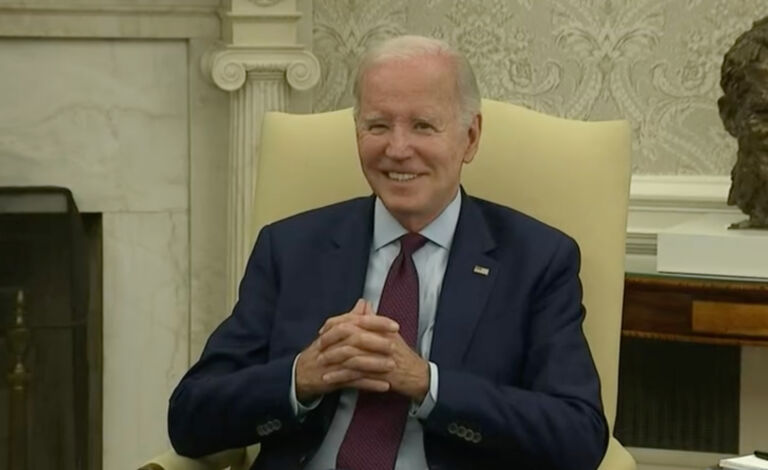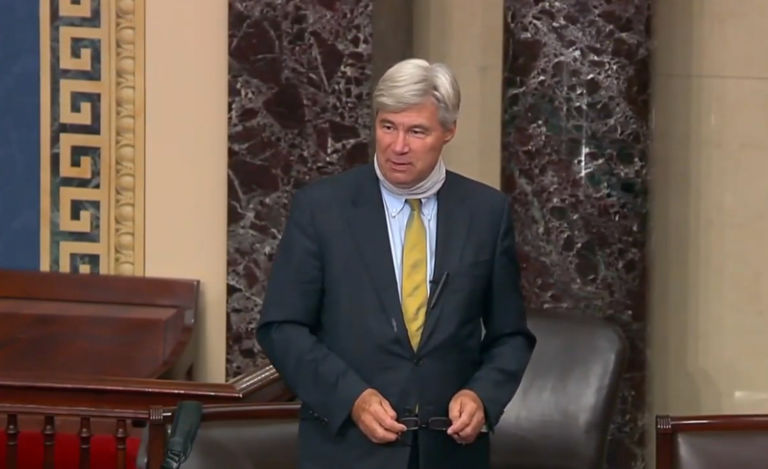This weekly newsletter, focused on environmental issues, highlights relevant analysis done by the John Locke Foundation and other think tanks, as well as items in the news.
1. Chicago Climate Exchange backs out of its founding mission
According to this report from Steve Milloy over at the Green Hell Blog, the Chicago Climate Exchange (CCX) will no longer be trading carbon credits, the main purpose for which the exchange was established. This move, probably more than anything else, signals the death of cap-and-trade legislation. Without it there is no reason for such an exchange. (View JunkScience.com’s cap-and-trade death clock.)
JLF on global warming:
https://www.johnlocke.org/agenda2010/climatechange.html
https://www.johnlocke.org/research/show/policy%20reports/147
https://www.johnlocke.org/research/show/spotlights/195
https://www.johnlocke.org/research/show/policy%20reports/86
2. The anti-people-who-smoke movement goes after "thirdhand smoke"
The pro-freedom Competitive Enterprise Institute reports that the next target for those whose main goal in life is to control the behavior of others, especially if they happen to smoke tobacco, is what is being termed "thirdhand smoke." In particular, they are referring to the clothing that has been exposed to the smoke from people who smoke. Apparently the conclusions about thirdhand smoke are from a rather suspect study in the Journal "Pediatrics." According to CEI’s Sam Katzman, writing in Cigar Magazine:
Despite all the publicity given to this study, it actually provides no support for these claims, as it contains no epidemiological or toxicological research whatsoever. Instead, it … presents the findings of a telephone survey on the public’s views of the risks of SHS and thirdhand smoke! That’s the study … period. Any doubt of the authors’ political agenda is dispelled by their conclusion: "Emphasizing that thirdhand smoke harms the health of children may be an important element in encouraging home smoking bans." (Perhaps if President Obama had been one of their coauthors, they would have picked up a Nobel Prize in medicine.)
3. Weekly Ozone Report
For the week of October 17-23, the NC DAQ reports no high ozone readings registered on North Carolina monitors. From April 1 through October 23, a total of 30 weeks, North Carolina has had 106 high ozone readings (0.076 ppm or above over an eight-hour period). These readings were scattered around the state over 33 out of 39 different monitors and over 26 different days. Most of the high ozone days to date have occurred in the Charlotte area and in the Triad. [Note: When an ozone alert is made through the media, it is only a prediction. Very often an ozone alert is issued but a high ozone day does not materialize. That is why we are reporting here that during certain weeks there were no actual high ozone days even though ozone alerts may have been issued and reported in the media.]
Links to recent JLF reports on ozone;
https://www.johnlocke.org/research/show/spotlights/234
https://www.johnlocke.org/research/show/spotlights/229


